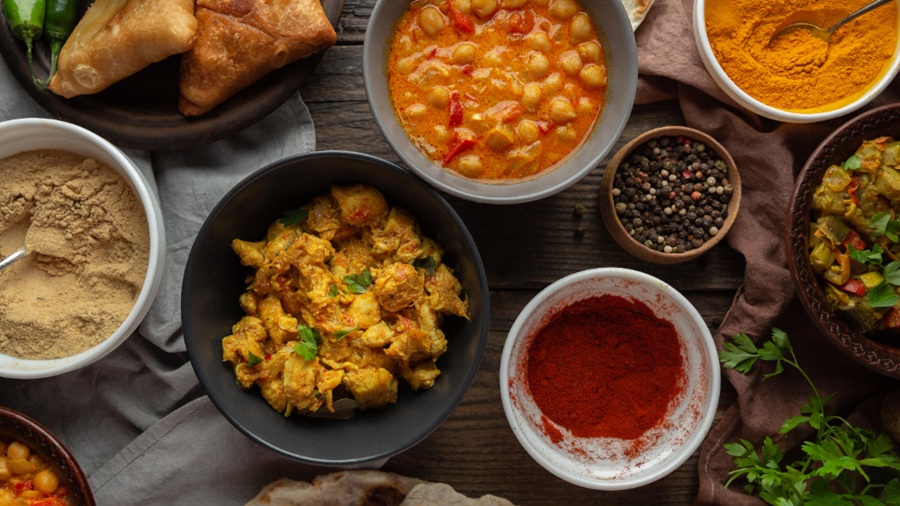Food is more than just fuel; it is deeply rooted in culture, history, and tradition. Across the world, traditional cuisines have been shaped by geography, climate, and centuries of culinary evolution. While modern diets often focus on convenience, many traditional foods are inherently healthy, rich in nutrients, and crafted with wholesome, natural ingredients. In this article, I’ll explore how traditional cuisines contribute to healthy eating and how embracing heritage-based cooking can benefit our well-being.
Traditional Cuisines and Their Nutritional Benefits
Traditional diets are often based on whole foods—fruits, vegetables, legumes, whole grains, lean proteins, and natural fats. Unlike processed meals loaded with preservatives, these diets emphasize freshness and balance. Mediterranean cuisine, for instance, is known for its heart-healthy olive oil, fresh fish, and abundant vegetables. Meanwhile, Asian diets often incorporate fermented foods, known to improve gut health, and whole grains like rice and millet, which provide sustained energy.
The Wisdom of Ancestral Eating
There’s wisdom in how our ancestors ate. Before industrial food processing, people relied on seasonal ingredients, local produce, and traditional preparation methods such as fermentation, slow-cooking, and minimal processing. These methods not only enhanced flavor but also preserved essential nutrients. In many ways, traditional cuisines naturally align with modern nutritional advice—eating a variety of whole foods, limiting refined sugar, and incorporating healthy fats and proteins.
Balancing Tradition and Modern Nutrition
While traditional foods offer numerous health benefits, they can sometimes be high in salt, sugar, or saturated fats, depending on the cuisine. However, we can modify traditional recipes while maintaining their authenticity. For instance, reducing salt in soups and stews, using whole grain flours instead of refined ones, or baking instead of frying can make classic dishes even healthier without sacrificing taste.
Eastern European Cuisine: A Blend of Comfort and Nutrition
One of the most underrated traditional diets is Eastern European cuisine. Known for its hearty soups, fermented vegetables, lean meats, and fiber-rich grains, this cuisine has many healthy aspects that deserve more recognition. Fermented foods like sauerkraut and kefir support gut health, while dishes like borscht (beet soup) are packed with vitamins and antioxidants. When prepared thoughtfully, Eastern European meals can be both comforting and nutritious.
As someone who appreciates authentic food experiences, I’ve noticed how Eastern European catering is evolving to meet modern health-conscious preferences. Many caterers now focus on using organic ingredients, offering lighter versions of traditional dishes, and providing plant-based options while preserving the rich flavors of classic recipes. Whether it’s a wedding, a family gathering, or a business event, catering services specializing in Eastern European food now blend tradition with modern dietary needs.
Embracing Traditional Cuisines for a Healthier Lifestyle
If you’re looking to incorporate more traditional foods into your diet, here are a few tips:
- Cook from Scratch: Whenever possible, prepare meals using fresh, whole ingredients rather than pre-packaged versions.
- Use Natural Seasonings: Many traditional dishes rely on herbs and spices instead of artificial flavor enhancers.
- Incorporate Fermented Foods: Many cultures, from Eastern Europe to Korea, have long embraced fermented foods for digestive health.
- Balance Your Portions: Traditional meals can sometimes be rich, so focus on moderation and pairing heavier dishes with fresh vegetables.
- Explore Different Cuisines: Trying traditional recipes from different cultures can expand your palate and provide diverse health benefits.
Final Thoughts
Traditional cuisines have stood the test of time for a reason. They are flavorful, nutrient-rich, and deeply connected to our heritage. By embracing the best aspects of ancestral eating while making mindful adjustments, we can enjoy delicious meals that support our health. Whether it’s savoring a homemade dish or experiencing authentic Eastern European catering, there are countless ways to appreciate the role of traditional food in a balanced diet.
So next time you sit down for a meal, take a moment to appreciate the history and nutrition behind it. Our ancestors knew what they were doing, and we can learn a lot from them in our journey toward healthier eating.








Leave a Reply